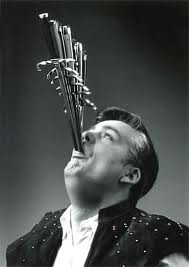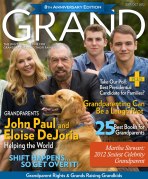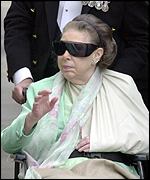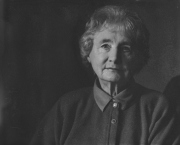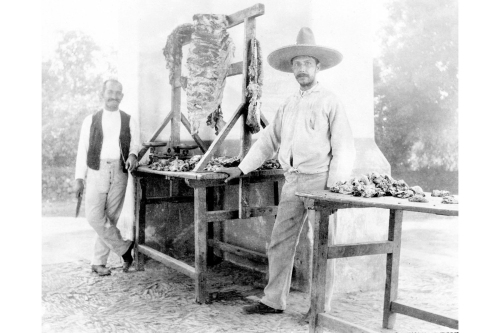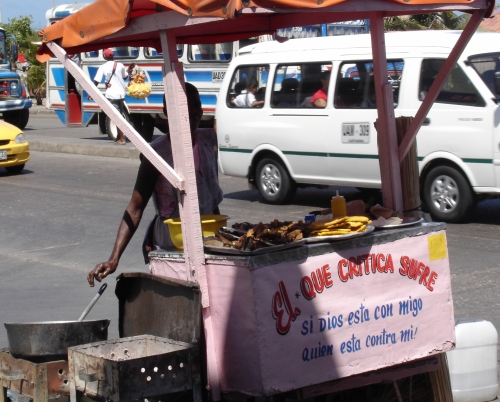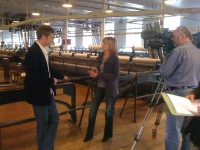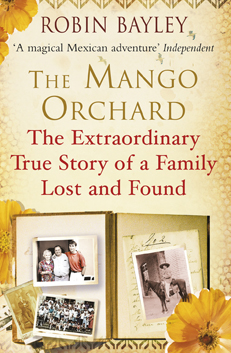I am up early. A journalist and photographer from The Times are due this morning and the flat is a tip. I also realise that I have no biscuits to offer them. Or milk, or tea, or coffee.
While I am out, my agent calls me to tell me that a radio station, having seen an article about the book in a newspaper, is interested interviewing me about the film version of the book.
“Fine,” I say, not really concentrating as I try to decide between All Butter Flapjacks or Luxury Chocolate Chip Cookies.
I go for the Flapjacks and fret all the way back to the house whether I have made the right choice. I am plumping up cushions, and wondering whether I should pop out for the Chocolate Chips when the journalist arrives. I take her coat and offer her a cup of tea or coffee and hope the biscuits are acceptable.
“Just a glass of water, thanks,” she says as she gets out her notepad and Dictaphone. I knew I should have gone for the Chocolate Chips.
The Dictaphone is as big as an old mobile phone and squeaks as the spools turn. Somehow, I find this reassuring.
I am impressed by the thoroughness of her interrogation. She drills down deep on the parallels between my great grandfather and me, and our attitudes to relationships, family and commitment. Afterwards I feel like I have been on the psychiatrist’s couch and just hope that my answers make good copy. Being interviewed in the press is a bit like being in an exam; you never really have any idea how you have done until the results are published.
Shortly after she leaves, the photographer arrives. I was hoping for a coterie of make-up and wardrobe assistants, and that I would get a whole season’s worth of free clothing, but it’s not that type of shoot, apparently. It’s just the photographer and me. He photos me on the roof terrace, the landing and the stairs. “Stair wells often have good light,” he says.
As he is setting up the last shot, the researcher from BBC Tees phones to make sure I’m okay to be interviewed for the primetime show. I say I am and go back face the camera.
An hour later and I am on the phone, listening to BBC Tees. I am staring out of the window, my mind drifting. Suddenly, I’m on.
“And we’re now joined by the writer of The Mango Orchard, which is about to be made into a Hollywood feature film.”
I have to answer briefly, and positively, about the movie which is far from being finalised. I talk about the conversations, rather than the inconclusive nature of them.
“Why do you think your book will make a good film?” she asks.
I tell the story. I talk about the tales my grandma told me as a boy, about the bandits and the bags of silver and the narrow escape from the Mexican Revolution. Then I talk about my journey, about how I tracked down the small village near a small town near Guadalajara… Over five minutes as gone and I haven’t heard a word from the interviewer. Is she still there? I carry on talking about the factory where my great grandfather worked, about my newly-found uncle who greeted me… I still haven’t heard a thing and I wonder whether it is more pathetic to be speaking to a dead telephone line, or to say “Hello? You there?” in the middle of a live broadcast.
Finally she interrupts me. “Who would you like to play you in the film?”
“James McAvoy,” I say. I like Martin Compston, who recently starred in The Disappearance of Alice Creed, but I momentarily forget his name.
I hang up and open the packet of All Butter Flapjacks.
Read Full Post »
